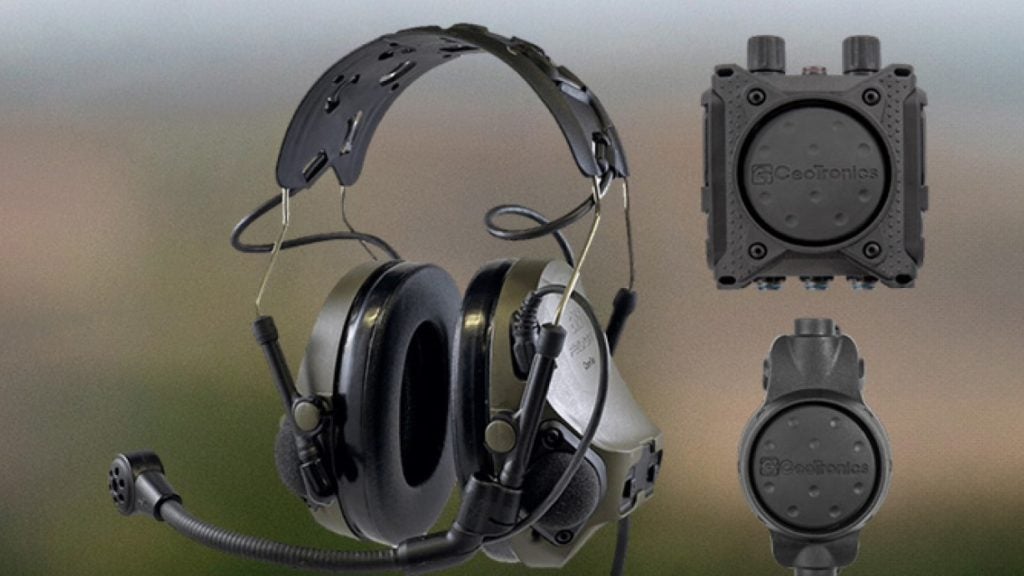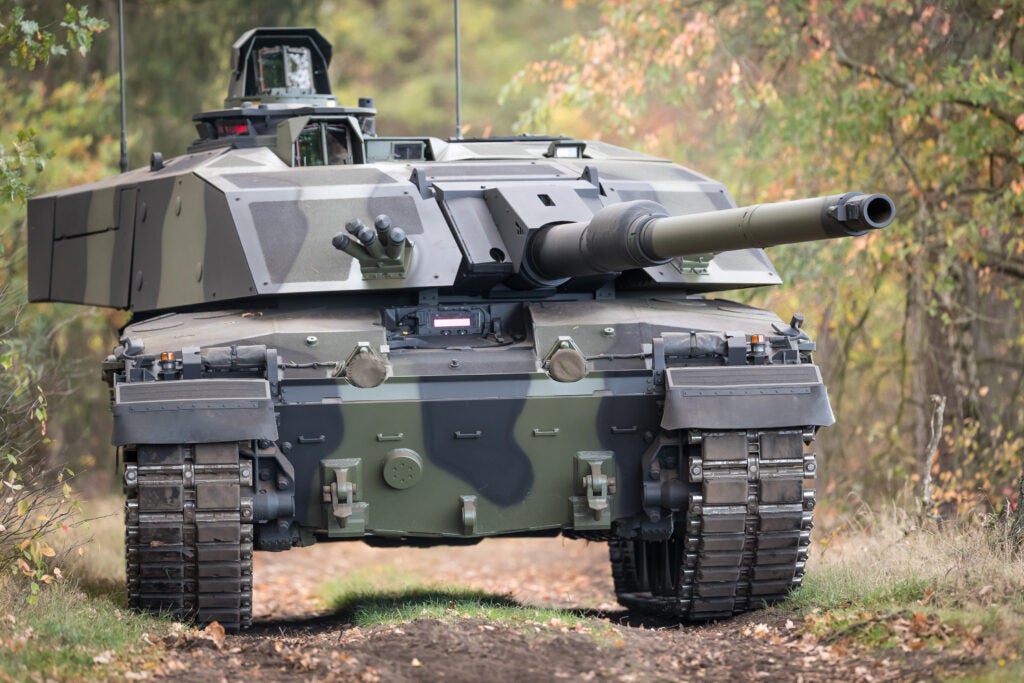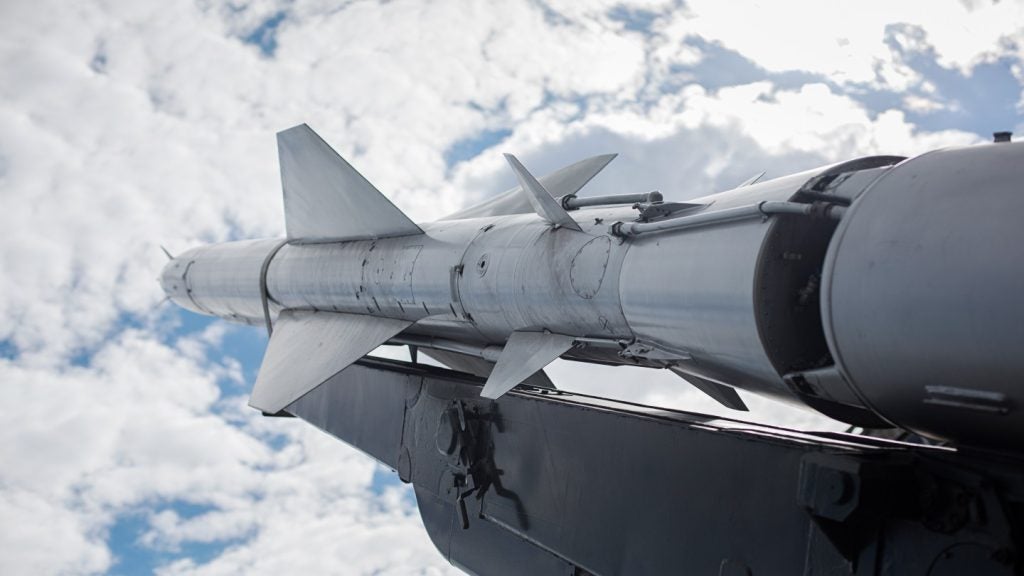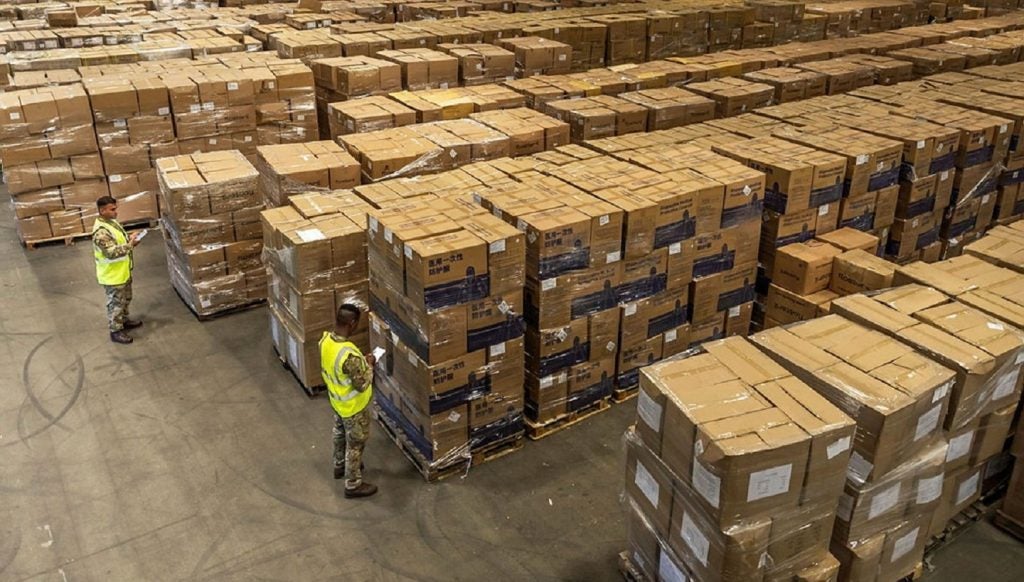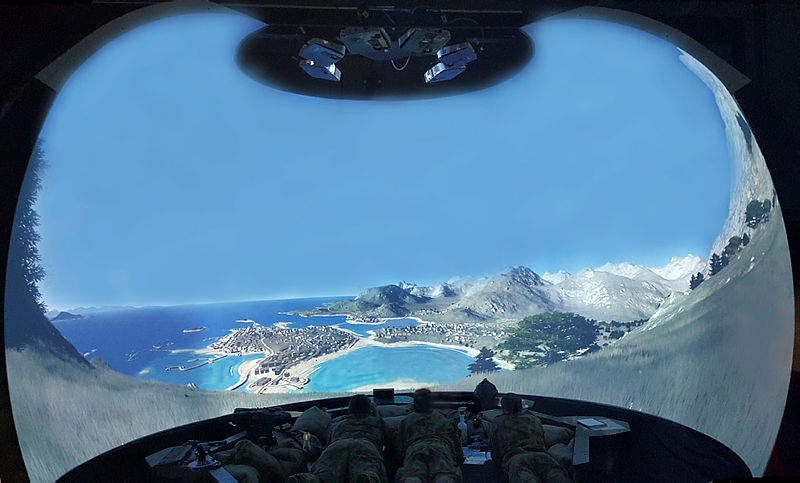
Rockwell Collins Australia has secured a contract to supply eight new digital terminal control system (DTCS) simulators in an effort to modernise the military training of Australian Defence Force (ADF) personnel.
Under the A$40m ($31.5m) contract, the new DTCS simulators will be installed at ADF bases in Brisbane, Townsville, Darwin, Perth, Sydney, Williamtown, and Puckapunyal.
The contract also covers operator and maintenance support and is built on the acquisition of three interim systems in March this year, according to the Australian Minister for Defence Industry Christopher Pyne.
Pyne said: “This contract will create seven new jobs in Perth, Sydney, Newcastle, and Puckapunyal, on top of the four jobs created under the earlier contract.”
The DTCS is equipped with specialised software and hardware equipment to identify enemy targets with greater speed and accuracy.
The computer-based simulators allow soldiers to coordinate battlefield fire from artillery, mortars, helicopters, naval ships and fighter aircraft.
How well do you really know your competitors?
Access the most comprehensive Company Profiles on the market, powered by GlobalData. Save hours of research. Gain competitive edge.

Thank you!
Your download email will arrive shortly
Not ready to buy yet? Download a free sample
We are confident about the unique quality of our Company Profiles. However, we want you to make the most beneficial decision for your business, so we offer a free sample that you can download by submitting the below form
By GlobalDataThese simulators also allow personnel to work with multiple Australian and coalition land, air, and sea platforms to engage the enemy.
Pyne added: “The simulators provide an environment which can be difficult to replicate in live training, they provide a realistic, cost-effective and safe alternative.
“The purchase of these systems demonstrates our commitment to using Australian defence industry to improve and modernise our training equipment.”
Delivery of the simulators is expected to begin in May next year, with the final simulator expected to be delivered in December the same year.



